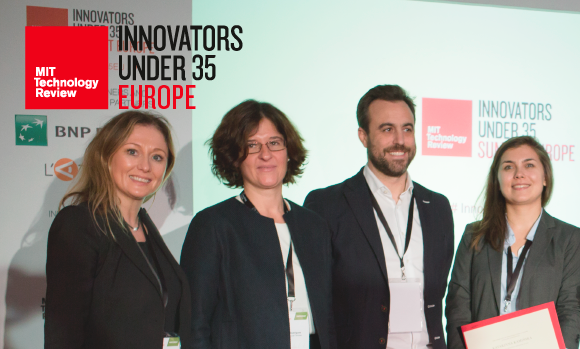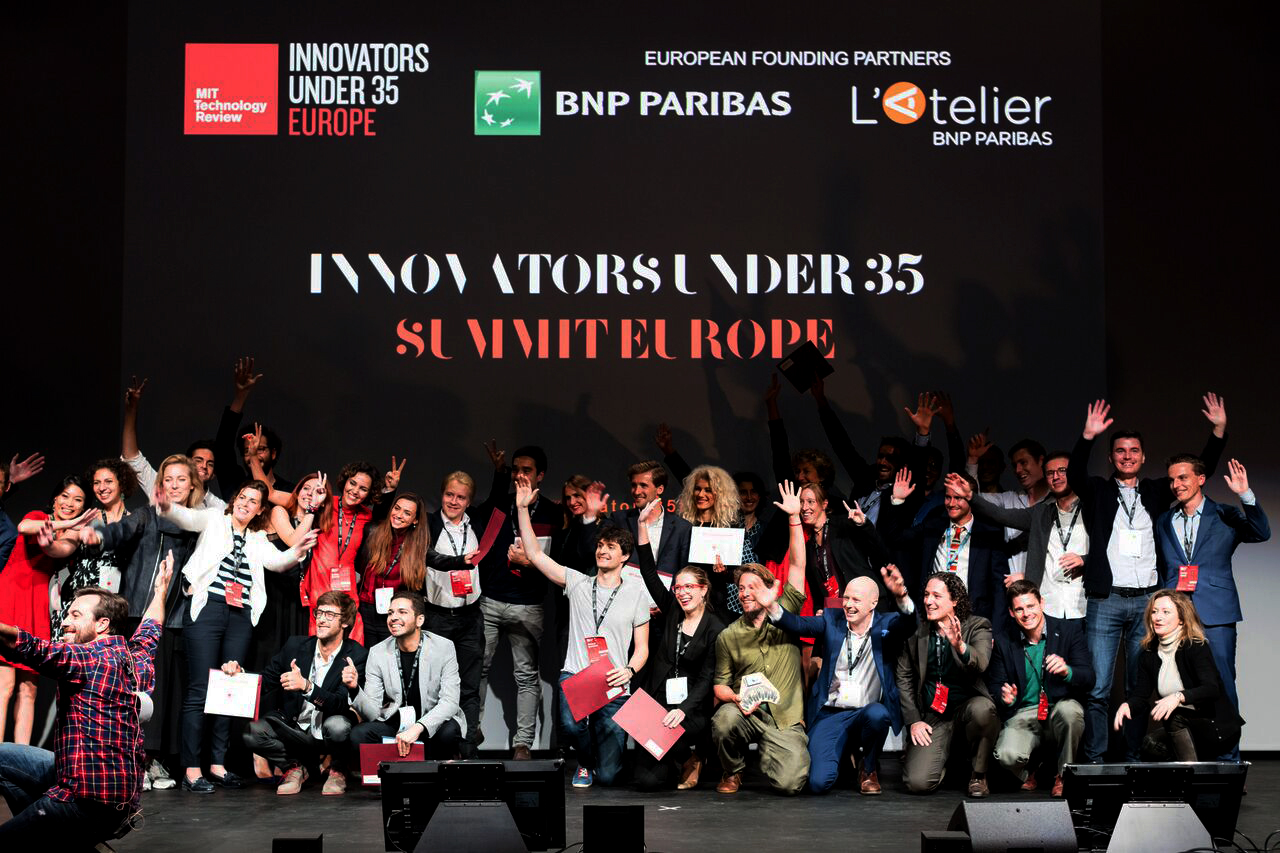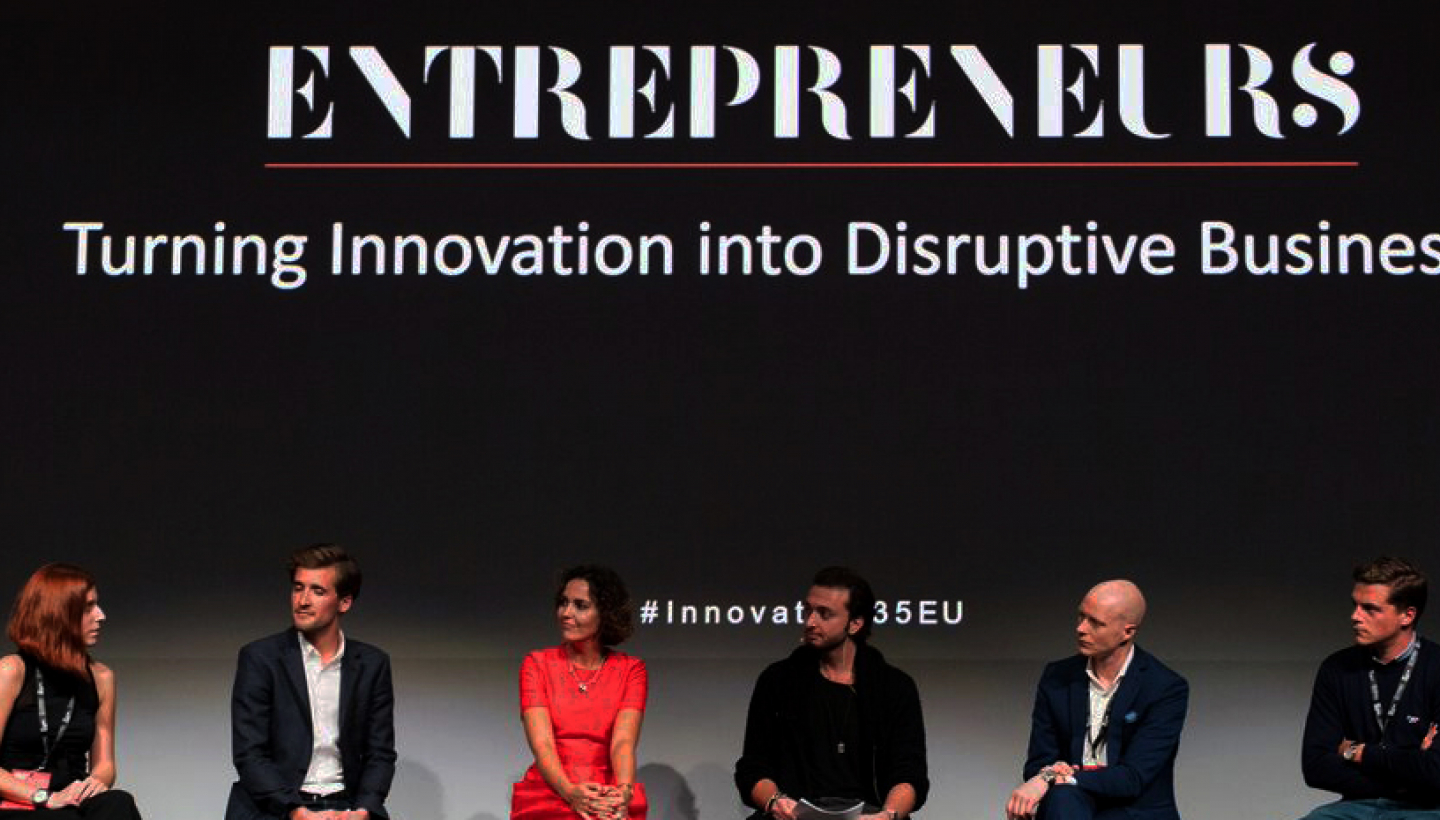Innovators to change the world: visible to those who leave their mark
To change the world. There are many, millions, who intend to do this. And many times these people do not the visibility to allow them to move forward in their venture.
For that, there are the innovative prizes of Innovative Entrepreneurs under 35 awarded by the MIT Technology Review, the Journal of the Massachusetts Institute of Technology (MIT), that have rewarded the most innovative young people in areas that challenge society since 1999.
What the winners have in common, whether they are investigators, innovators, or entrepreneurs, is that they set a path at projects aimed to improve or transform lives with technology.
Ever since 2011, MIT Technology Review has relied on Opinno for the recruitment and organization of the contest and award ceremony. Furthermore, 2017 was the first year in which MIT Technology Review looked for talent all across Europe, and expanded beyond previous years in which they recognized by country (Belgium, Spain, France, Poland, Germany and Italy).
Between the 35 winners of 2017 there are revolutionary projects such as the project of Enass Abo-Hamed - a system of renewable energy storage that guarantees the availability of electricity in critical infrastructures, such as hospitals in less favored regions - and the project of Thibault Duchemin - the only listening member of a family of hearing who created an application to improve the communication of deaf people.
In this edition of the contest, we introduced five categories for the first time: inventors, entrepreneurs, visionaries, pioneers and humanitarians, with one special mention for each category. Those who took the highest prize were Victor Dillard (entrepreneur of the year for the development of a tool for human DNA editing based on artificial intelligence, that aims to tackle the development of diseases with genetic origin), Solvegia Pakstaite (inventor of the year for creating a technique that allows the blind to know when a food expires), Julien de Wit (pioneer of the year for developing techniques to obtain information about planets outside of our solar system), and the aforementioned Thibault Duchemin (humanitarian of the year) and Enass Abo-Hamed (visionary of the year).

A community that grows
The 2,000+ candidates captured by Opinno were then judged by a global committee of more than 100 external judges from more than 20 countries around the world, who judged candidates based on their level of technology disruption, their business model, their maturity, and their own candidate profile. After the committee selection, MIT Technology Review selected the 10 finalists per country.
The candidates were then, in turn, incorporated into the community of innovators, thereby broadening our network of judges and experts.
The winners were subsequently honored at the prize giving ceremony in Paris, on September 14th, with the help of BNP Paribas and L’atelier BNP Paribas.




